Racist attacks on The Little Mermaid remake highlight the need for Black representation
Halle Bailey stars as Ariel in The Little Mermaid, the first live-action Black Disney princess
The recent teaser trailer for Disney’s upcoming live-action remake of The Little Mermaid, starring Halle Bailey, has received a disturbing 1.5 million dislikes on YouTube as a result of our nation’s hatred toward Black women.
As a kid, I loved Disney princesses, but I couldn’t help but notice that I looked nothing like them. To be a young girl unable to dress up as a pretty princess without feeling like an imposter was damaging. Their skinny noses and silky hair reminded me that I could never be like them. I was conditioned to believe that royalty was associated with Whiteness. To have a Black Disney princess paints the image that Black people are a beauty standard.
White people can put their logic to the side to sit through a movie with dragons, giants, trolls, and zombies, but the presence of a Black mermaid is just “too unreasonable”. One thing that each eristic has in common is racism and bigotry; White people just hate to see Black women on the screen playing roles other than The Mammy or Jezebelle.
Historically, Hollywood has been known to completely lack diversity in their casting. Roles based on real-life Black men and women have been given to White actors. For example, the 2007 film “A Mighty Heart” utilized blackface to make Angelina Jolie look like African American journalist Mariane Pearl. Blackface is dehumanizing and offensive, stealing the spotlight from real Black voices. Racist caricatures in Disney animations have mocked and humiliated the Black community, perpetuating racist stereotypes and prejudices. Halle Bailey playing The Little Mermaid cannot be compared to blackface, because Ariel is a mythological character whose race is irrelevant to the plot.
White supremacy is the foundation of our nation and Whiteness has forever been the norm. White people are consistently catered to in media, while Black people are underrepresented and misrepresented; lack of fair representation controls the perceptions and behaviors of young Black girls growing up. Representation is power and what Black children grow up watching matters to create positive futures. To see that only White women are fit to be princesses impacts the self-esteem of young Black girls and creates an inferiority complex. It took Disney 90 years to come out with the first Black princess, Princess Tiana, who was depicted as a frog for the majority of the film. Growing up, Black girls were forced to look up to an animal.
Media outlets need to realize their role in the future of developing Black children. Our negligence as a society to become more inclusive is harmful and upholds our horrific past as a country. A Black mermaid is key to straying away from our Eurocentric ideals and racist standards. It is essential to teach young Black girls that they are princesses, capable of compassion and ambition. 1.5 million people need to reevaluate their prejudices and accept that the diversity train is up and running at full speed.
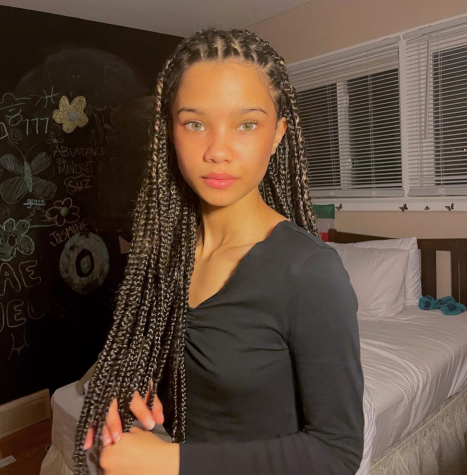
Jasmine Nichols is a Senior at Niles North who aims to write about contemporary issues within the black community. She enjoys learning about black history,...


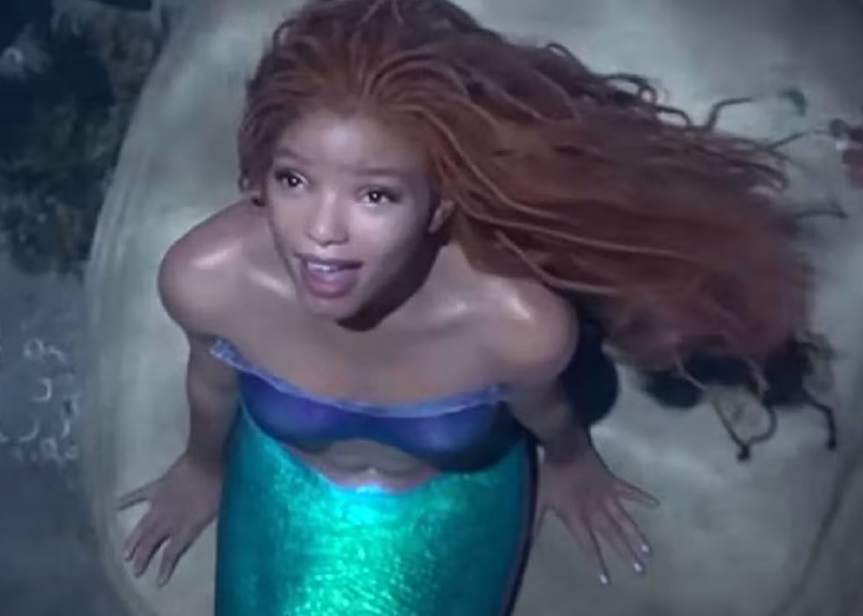

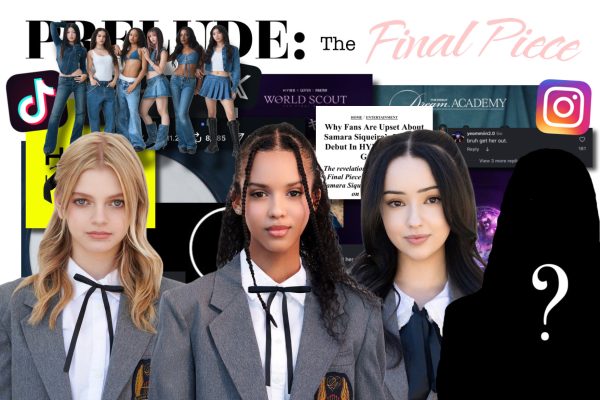
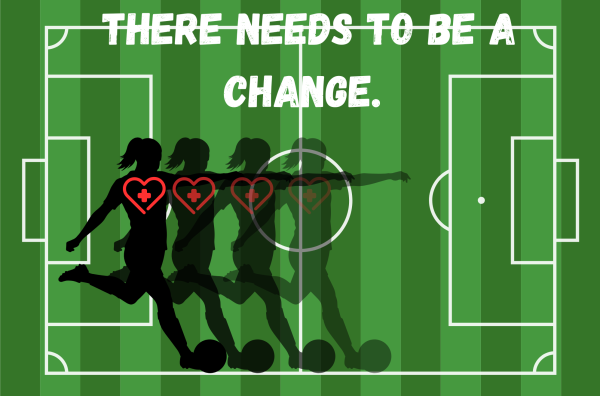
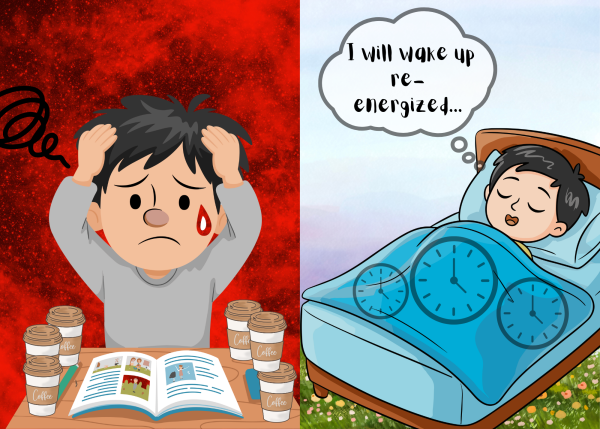
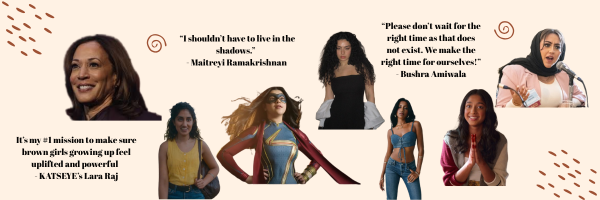
Francis Turner • Feb 27, 2023 at 4:27 pm
White person here. I’m sure there’s just flat out racists who don’t want to see a black person on screen. There are those, myself included, that are more upset that a character from my childhood is being “reimagined”. If they remade the movie with a blonde Ariel I’d feel the same way…disappointed. I’d love to see more POC in Disney roles including black Princesses, but maybe fresh stories would be the best path forward. Also, rather than rehashing a story written by white people for white people and disingenuously putting a black face on it, add more black writers and directors to tell new stories. Make movies that not only have a black face for little black girls to see themselves, but actually tell a story relatable to black people.
Ruby Rosenberg • Oct 7, 2022 at 10:19 am
this is so beautifully written
Cynthia Fey • Oct 7, 2022 at 9:55 am
Yes! Thank you for this brilliant piece! One and a half million dislikes for a beautiful mermaid makes it clear how much reckoning and change is needed in the U.S. Your essay pushes us toward anti-racist truth that benefits all.
Doug Bennett • Oct 7, 2022 at 8:36 am
This article was well written and very truthful. I thought 1.5 mil dislikes
shows how we are as a country now. Not to make this political but it is a very political issue. Before the Trump era this issue was not as blatant in your face. Now people don’t think twice about expressing their racist views.
Article was well written and to the point.
Hana Skenderi • Oct 7, 2022 at 8:13 am
I like the use of the word misrepresented when speaking about black people in the media. Well put article!
Sharjeel Jamali • Oct 7, 2022 at 5:52 am
Real 💯
Damani Brown • Oct 6, 2022 at 4:44 pm
💯💯